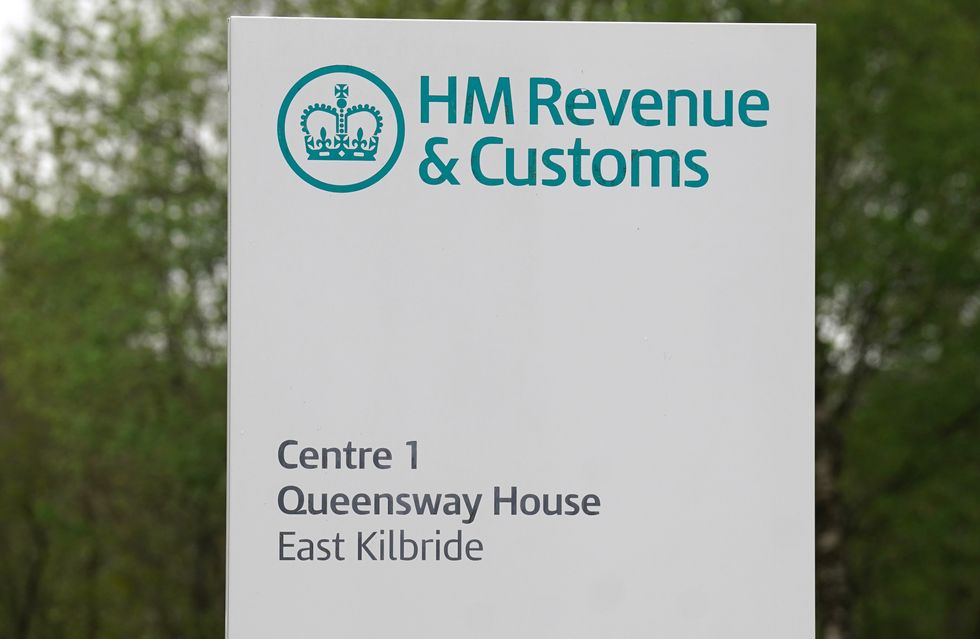Britons who have a side hustle on online marketplaces could face unexpected tax bills as HM Revenue and Customs (HMRC) prepares to implement new rules requiring platforms to share seller data.
Since January 2024, digital marketplaces like eBay, Vinted and Etsy must report information on users earning more than £1,700 annually or completing over 30 transactions.
This measure by the tax authority aims to identify online sellers who have not declared their trading income.
These HMRC rules come as increasing numbers of workers, particularly among Gen Z, turn to side hustles to boost their income.
Online platforms, including eBay and Vinted, have until January 2025 to provide HMRC with relevant users’ personal details and income information.
Do you have a money story you’d like to share? Get in touch by emailing [email protected].
 Side hustlers are being warned about pending “unexpected tax bills” GETTY
Side hustlers are being warned about pending “unexpected tax bills” GETTY On top of this, online marketplace platforms will be required to send this information directly to the sellers themselves.
HMRC says this will help “detect any deliberate non-compliance, ensuring a level playing field for all taxpayers”.
However, the new reporting requirements have created confusion among online sellers who are uncertain about their tax obligations.
John Hood, a tax dispute resolution specialist for accountancy firm Moore Kingston Smith, broke down what side hustlers should prepare for.

Sellers on eBay need to pay tax at a certain point
GETTY IMAGES
He explained: “HMRC has striven to make clear that it is not interested in people selling unwanted Christmas gifts but in professional online traders who have not reported their profits.
“There are some basic tests to check if this is a hobby or a trade with the most important one being whether the person is selling goods or services with a view to making a profit.”
Hood advises: “People should remember that it is not too late to register for self-assessment and complete a tax return by the end of January.”
Popular platform Vinted says its users typically don’t need to pay tax as they sell items for less than their purchase price.
However, sellers may need to pay capital gains tax (CGT) if they sell or give away personal possessions for more than £6,000. Additionally, those trading for profit with annual turnover exceeding £1,000 may have tax obligations. These sellers should register for self-assessment with HMRC.
Emma Rawson, a technical officer for the Association of Taxation Technicians, added: “I think the key message for taxpayers is not to panic – selling some unwanted Christmas gifts or clothes the kids have grown out of is unlikely to mean they have tax to pay.”
LATEST DEVELOPMENTS:

HMRC is calling on online marketplaces to share information on sellers
PA
However, she warns: “Taxpayers who are making or buying things with a view to sell at a profit and make over £1,000 of income (before expenses) each tax year need to carefully consider whether they could have tax to pay.
“If that is the case, they should contact HMRC themselves, and not wait for them to catch up to them.”
An HMRC spokesman provided clarity on the situation for casual sellers, stating: “For people selling personal possessions online absolutely nothing has changed.
“If you aren’t trading and just occasionally sell unwanted items online there is no tax due.”